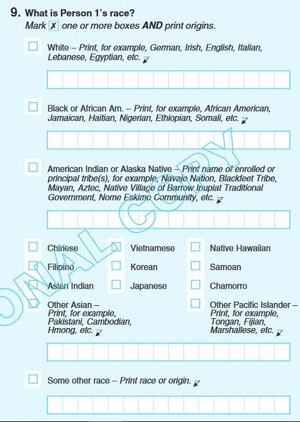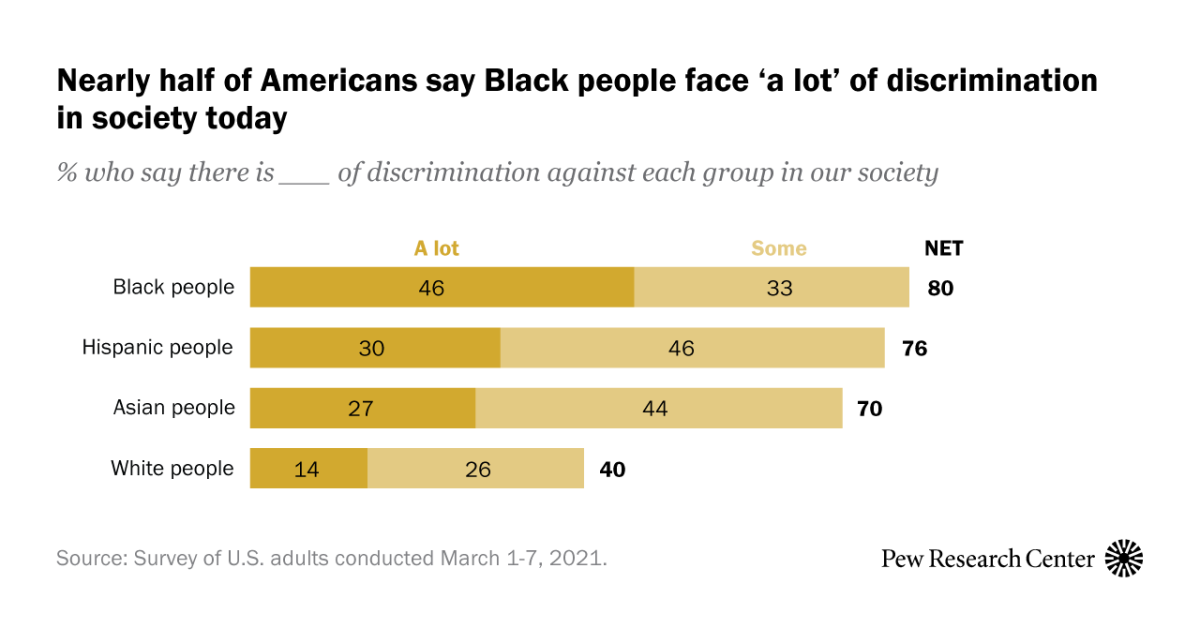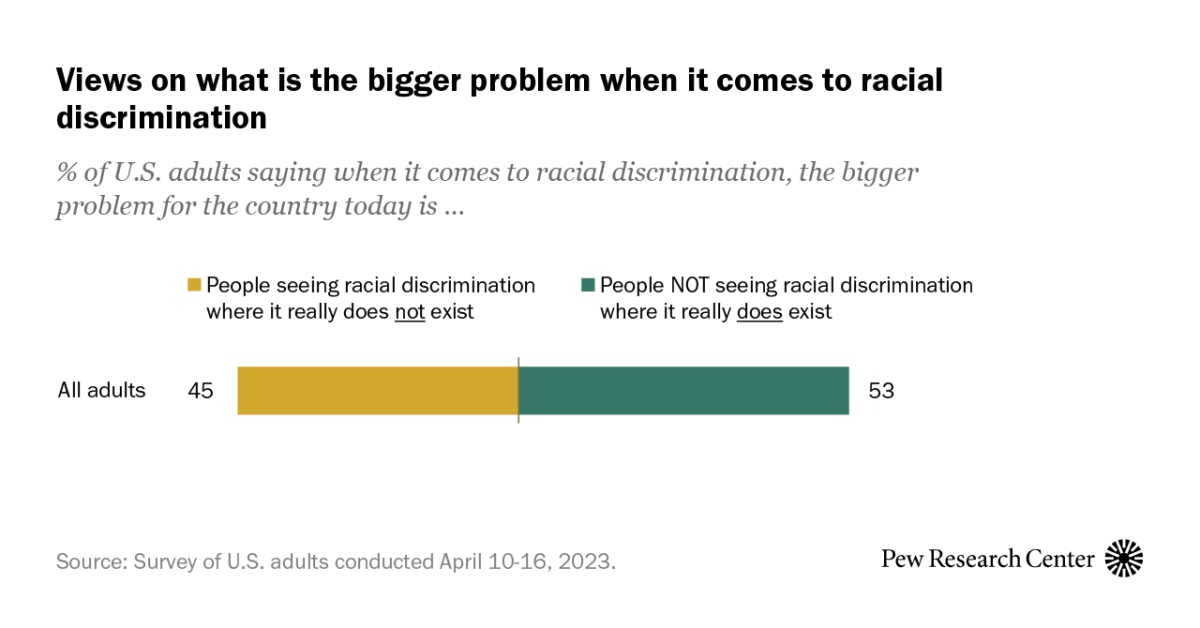No. I’m suggesting that you’re wrong. 20 other links will disagree with you too. You’re not always right like you think you are.
It's the internet. You could cite 10,000 other links, and they could all be equally wrong. There is no gatekeeper of truth on the internet. I've never said I'm always right, but you have said it repeatedly as an ad hominem comment, so that may be your perception.
It actually says that Hispanic is an ethnicity and not a racial group. That’s why Hispanic is a different question on the census from race.
The government is duplicitous. The census itself didn't make any clarifying remark in the response section of the survery, and then clearly blurred race as an identity in the questions by including nationalities AND using "Asian" as a generic lumping term. The U.S. federal government clearly treats Latino, LatinX, and Hispanic as a racial minority in all sorts of ways.
Because the politically correcting influences in American society define race by physical features, most prominently skin color, then attempts to undefine it as such are confused, at best, and dishonest and intentionally obfuscating at worst (see rhetoric about brown as a race when discussions refer to black and brown people of color.)
Hispanic would in any strict definition (including the U.S. goverment's) not include Brazilians or others non-Spanish speaking peoples of Central or South America or the adjacent islands. So, the forms intentionally widen the net to include Latino with an "OR" to link them. However, the government may exclude respondents from Spain or Portugal when sifting the responses, so the alleged cultural connection is trumped by geographical location.
And, the Hispanic non-identity aside, the 2020 form is nothing less than a clusterfuck when the actual race question is posed, as shown below:

And I am by no means alone in identifying the problem with race and ethnicity ambiguities in the federal government and in society. The Pew Research Group spends quite a bit of energy laying out the widely perceived problems:
The Census Bureau estimates there were roughly 63.7 million Hispanics in the U.S. as of 2022, a new high. They made up 19% of the nation’s population.

www.pewresearch.org
The obvious truth is that most Americans have lazy definitions of race that range from skin color to language spoken to nationality. And that includes people who self-identify with inaccurate categories such as Asian or Latino. The vacillating markers are not merely used by a majority population describing "other" as various minorities, but also by culture warriors using whatever designation is convenient at the moment of utterance, rather than any meaningful description.
The end result is that if race is no longer anything that can be agreed upon by any rational definition, then the omnipresent accusation of racism can and is by that vagueness delegated to arbitrariness and caprice.
The well-recognized problem with racism definition and application as an accusation is studied and reported:
Americans are much less likely to say there is discrimination against White people: 40% say White people face at least some discrimination.

www.pewresearch.org
53% of U.S. adults say people overlooking racial discrimination is a bigger problem than people seeing it where it really didn’t exist.

www.pewresearch.org
The other day as I was taking my work-from-home morning walk, I explored a thought: Should racism be made a per se defamation category? Clearly, that's not a solution to the enormous problem of societal and institutional racism spurring the current protests in furtherance of the Black Lives...

www.sfbbg.com








